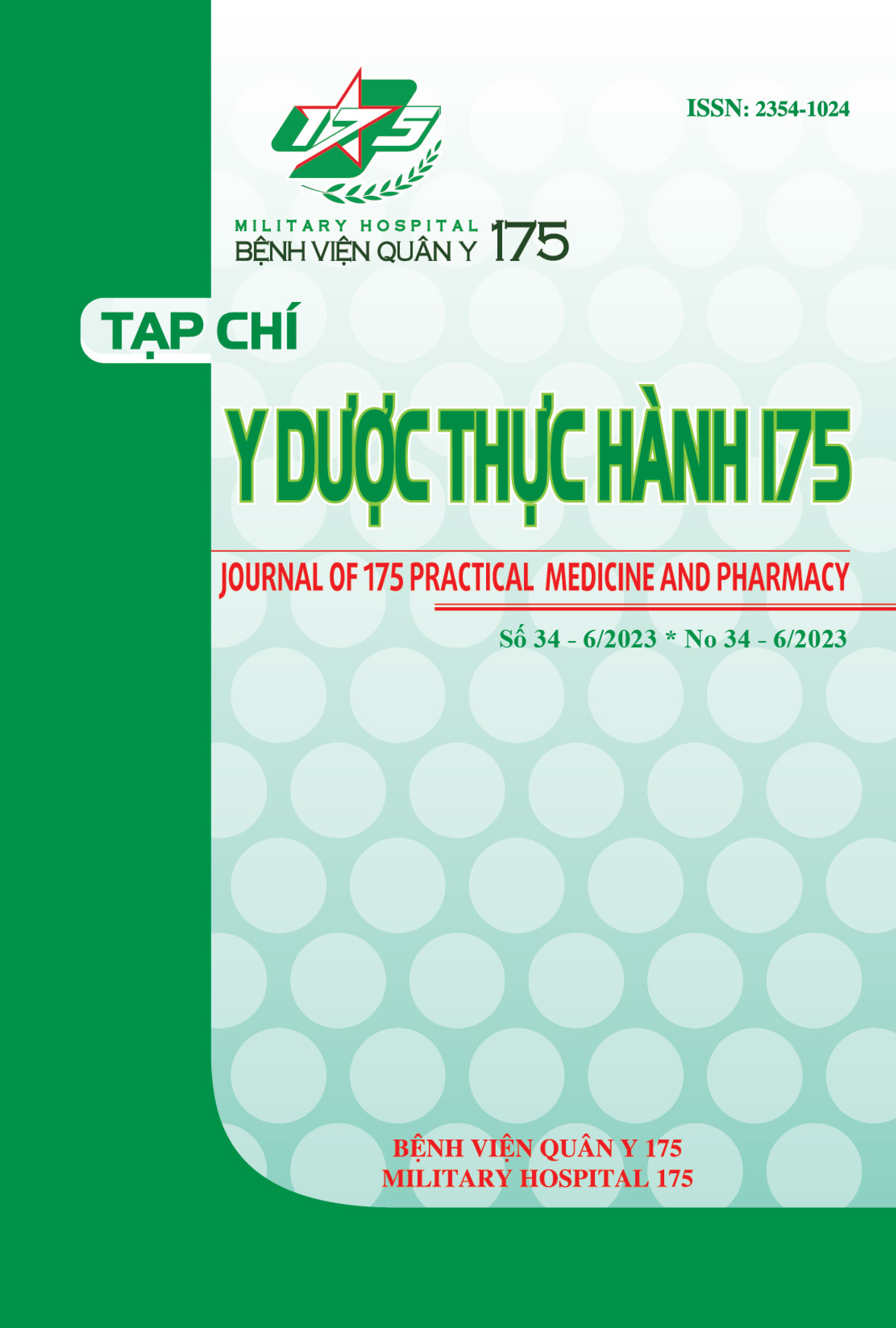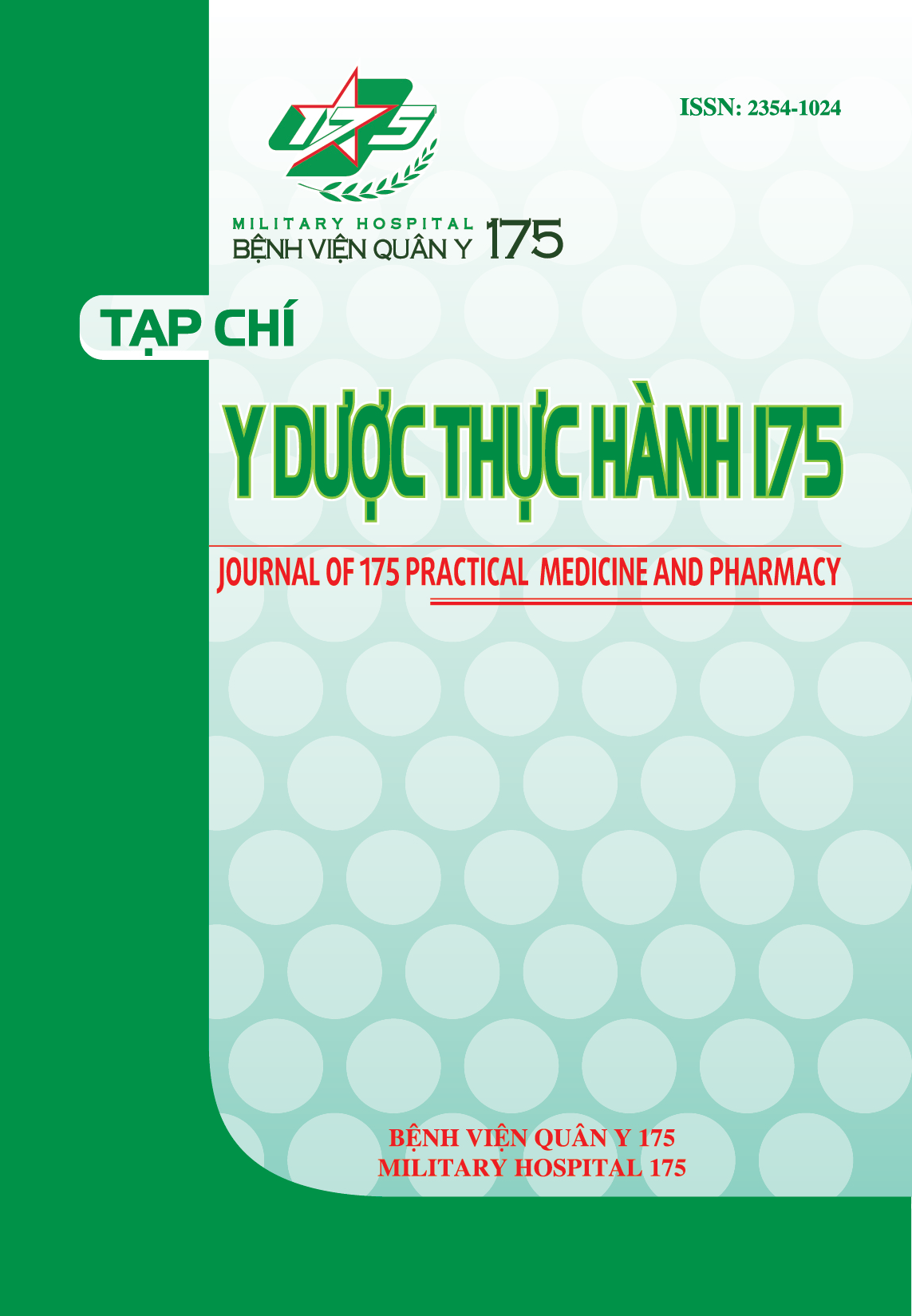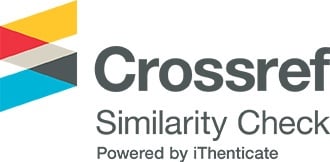BƯỚC ĐẦU ĐÁNH GIÁ HIỆU QUẢ ĐIỀU TRỊ CỦA DEXILANT 60MG TRÊN BỆNH NHÂN TRÀO NGƯỢC DẠ DÀY THỰC QUẢN CÓ TỔN THƯƠNG THỰC QUẢN SAU 4 TUẦN ĐIỀU TRỊ
Các tác giả
DOI: https://doi.org/10.59354/ydth175.2023.207Từ khóa:
Dexilant, Trào ngược dạ dày thực quản, GERDTài liệu tham khảo
Bộ môn nội tiêu hóa (2001) Bệnh trào ngược dạ dày thực quản, Bệnh học nội tiêu hóa, tr: 223-230
Bồ Kim Phượng (2012) Nghiên cứu ứng dụng bảng GerdQ trong chẩn đoán và theo dõi đáp ứng điều trị bệnh trào ngược dạ dày thực quản. Y học Tp.Hồ Chí Minh, 16(3): 44-48.
Kim J J (2018) Epidemiology of Gastroesophageal junction Adenocarcinoma in Korea. Journal of gastric cancer, 18(4): 328-338.
C Prakash Gyawali, Peter J Kahrilas, et al (2018) Modern diagnosis of GERD: The Lion Consensus. Gut, 67: 1351-1362.
Jone R, Junghard O, Dent J, et al (2009) Development of the GerdQ, a tool for the diagnosis and management of gastro-oesophageal reflux disease in primary care. Aliment Pharmacol Ther, 30(10): 1030-1038.
Skrzydlo-Radomanska B, Radwan P (2015) Dexlansoprazole – A new generation Proton pump inhibitor. Prz Gastroenterol, 10(4): 191-196
Hershcovici T, Jha L K, Fass R (2011) Dexlansoprazole MR: a review. Annals of medicine, 43(5): 366-374.
Lundell L R, Dent J, Bennett J R, et al (1999) Endoscopic assessment of oesophagitis: clinical and functional correlates and further validation of Los Angeles classification. Gut, 45(2): 172- 180.
Nguyễn Duy Thắng (2021) Đánh giá kết quả điều trị GERD bằng Dexilant 60mg trong 8 tuần và 4 tuần. Tạp chí khoa học tiêu hóa, 64: 3973-3980.
Trần Văn Thanh, Mai Thanh Bình, Hà Minh Trang và cộng sự (2021) Đánh giá hiệu quả điều trị Dexlansoprazole 60mg trên bệnh nhân trào ngược dạ dày thực quản mức độ nặng. Tạp chí Y dược lâm sàng 108, 16(4).
Surdea Blaga T, Negrutiu D E, Palage M, et al (2019) Food and Gastroesophageal reflux disease. Cur Med Chem, 26(19): 3497-3511.
Tải xuống
Tải xuống: 23










